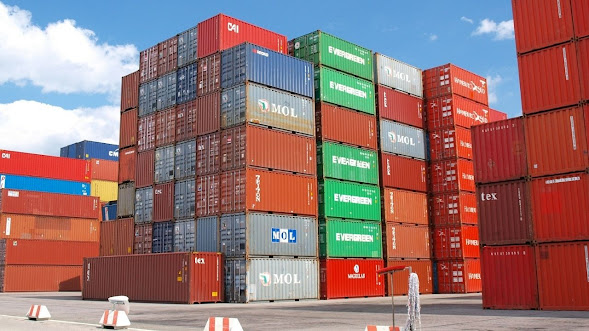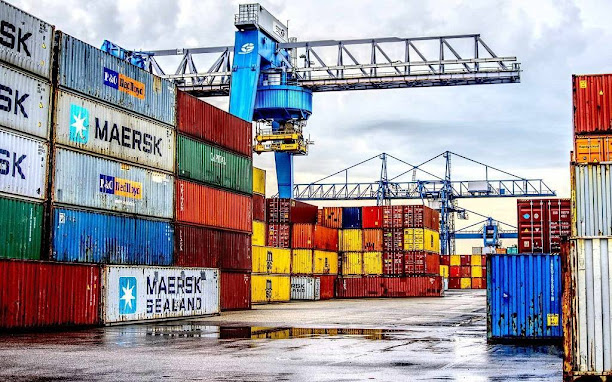How Refrigerated Shipping Containers Safeguard Temperature-Sensitive Cargo?
When it comes to shipping sensitive cargo, temperature-sensitive items like food, pharmaceuticals and electronics are prime targets for theft.
In fact, one report found that more than half of all packages shipped internationally contain such high-value goods and many of them contain temperature-sensitive products.
But there is hope on the horizon: shipping containers Melbourne designed specifically for refrigerated shipping are now available!
Understanding Temperature-Sensitive Cargo
Temperature-sensitive cargo is cargo that can be damaged if the temperature is too high or too low. It includes food, medicine, chemicals and other products.
Temperature-sensitive cargo is often transported in refrigerated shipping containers to ensure that it stays at an optimal temperature throughout its journey.
The Role of Refrigerated Shipping Containers
Refrigerated shipping containers Melbourne are used to protect temperature-sensitive cargo. They are also used to ship temperature-sensitive cargo, such as perishable products and tissue paper. The use of refrigerated shipping containers can be advantageous for both the shipper and receiver because they allow for safe transport of materials that need a specific temperature range during transit.
The benefits of using refrigerated shipping containers include:
- To prevent damage or spoilage during transit by maintaining an optimal environment within the unit (temperature).
- To maintain consistent temperatures throughout the entire journey so that there aren't any fluctuations in room temperature while transporting goods through different environments.
Ensuring Optimal Temperature Control
Temperature control is important for temperature-sensitive cargo, as well as the safety of those who carry it. Proper insulation and sealing can help ensure that any fluctuations in temperature do not lead to spoilage or damage to your goods.
The cost of transporting temperature-sensitive items is also directly related to their condition at destination—and this may be part of why you don't want them sitting in a hot warehouse for days on end before they're unloaded. By using refrigerated shipping containers, you can ensure optimal conditions for all your products throughout their journey from origin to destination.
Meeting Industry-specific Requirements
When it comes to shipping containers, the requirements are often industry-specific. The different types of industry-specific requirements include:
- Temperature requirements - The temperature at which your cargo can be stored or transported must be within certain limits. If you're transporting perishable items, they need to be kept cold; if you're transporting non-perishable goods (such as dry goods), they need to stay cool enough so that there's no danger of spoilage.
- Weight limitations - Some freight carriers may not be able to handle heavier loads than others because they have limits on how much weight they'll allow on board their ships; this is especially true with ocean shipping where there are more variables involved than land based transportation methods like railroads or trucks would have.
Conclusion
There are many different ways to secure temperature-sensitive cargo. You can use refrigerated shipping containers Melbourne or refrigerated shipping containers with ice packs or even a combination of all three. The choice is up to you but the result will be the same - temperature-sensitive cargo will be protected and delivered safely.




Comments
Post a Comment